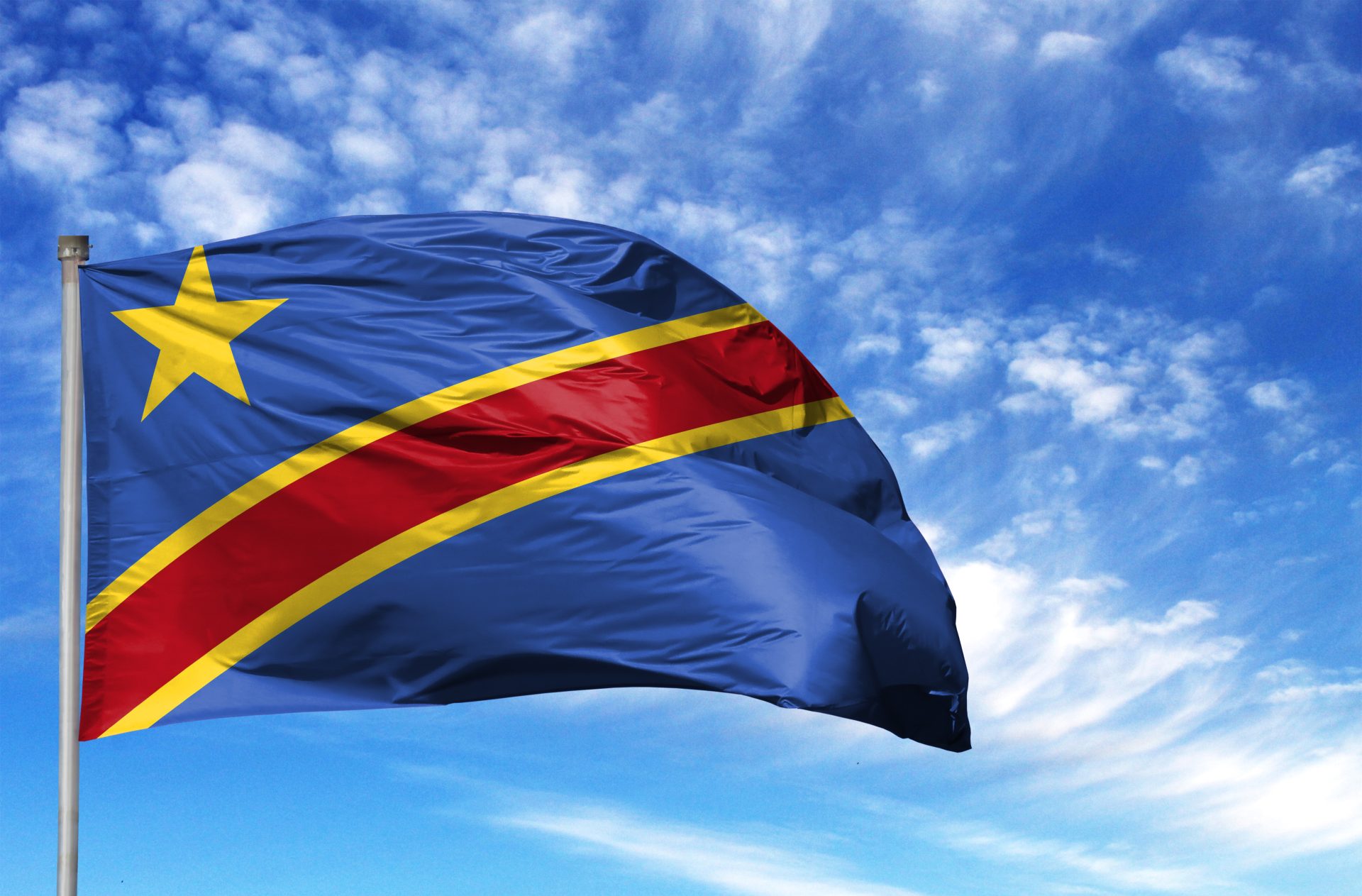
New Peace Deal Sparks HOPE – or DOUBT?
The recent U.S.-brokered peace agreement between the Democratic Republic of Congo and Rwanda aims to end decades of conflict but faces serious challenges that could undermine lasting stability.
At a Glance
• The peace deal was signed in June 2025 in Washington, D.C.
• Rwanda agreed to withdraw troops from eastern Congo within 90 days.
• A joint security mechanism is set to be established within 30 days.
• The agreement promotes regional economic integration and resource management.
• The M23 rebel group, a major conflict actor, was excluded from the deal.
High Stakes in Fragile Peace
The U.S.-facilitated agreement attempts to resolve violence that has displaced millions and claimed countless lives in eastern Congo over decades. Central to the deal is Rwanda’s pledge to withdraw its military forces within three months and the creation of a bilateral security coordination framework within one month. This is intended to curb cross-border insurgencies and reduce conflict flare-ups.
Yet the exclusion of the M23 rebel faction, responsible for ongoing unrest in key eastern regions, casts doubt on the pact’s durability. Analysts warn that sidelining this armed group could fuel continued insurgency or splinter factions unwilling to comply. Without their buy-in, true peace on the ground remains elusive.
Watch a report: “Congo and Rwanda Sign Peace Deal” – Reuters
Economic Ambitions and Lingering Doubts
The agreement also emphasizes economic cooperation, aiming to integrate mineral-rich regions and attract Western investments, which underscores the U.S.’ strategic interests in Congo’s vast natural resources valued in the trillions. This economic angle has sparked criticism that commercial gains might overshadow urgent humanitarian needs.
Further complicating the outlook, recent U.S. proposals to cut United Nations peacekeeping funding, including missions in Congo, risk weakening international stabilization efforts. The success of the agreement will require unwavering commitment from all parties and genuine engagement with the underlying issues of governance, justice, and security that have fueled the conflict.
The peace deal represents a fragile gamble with high stakes for regional stability and millions of lives affected by decades of violence.